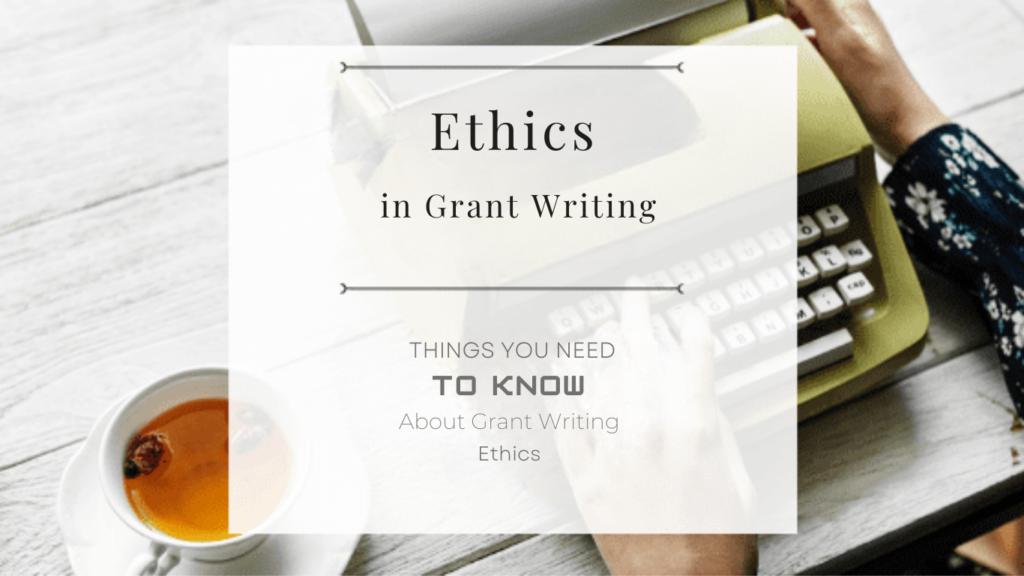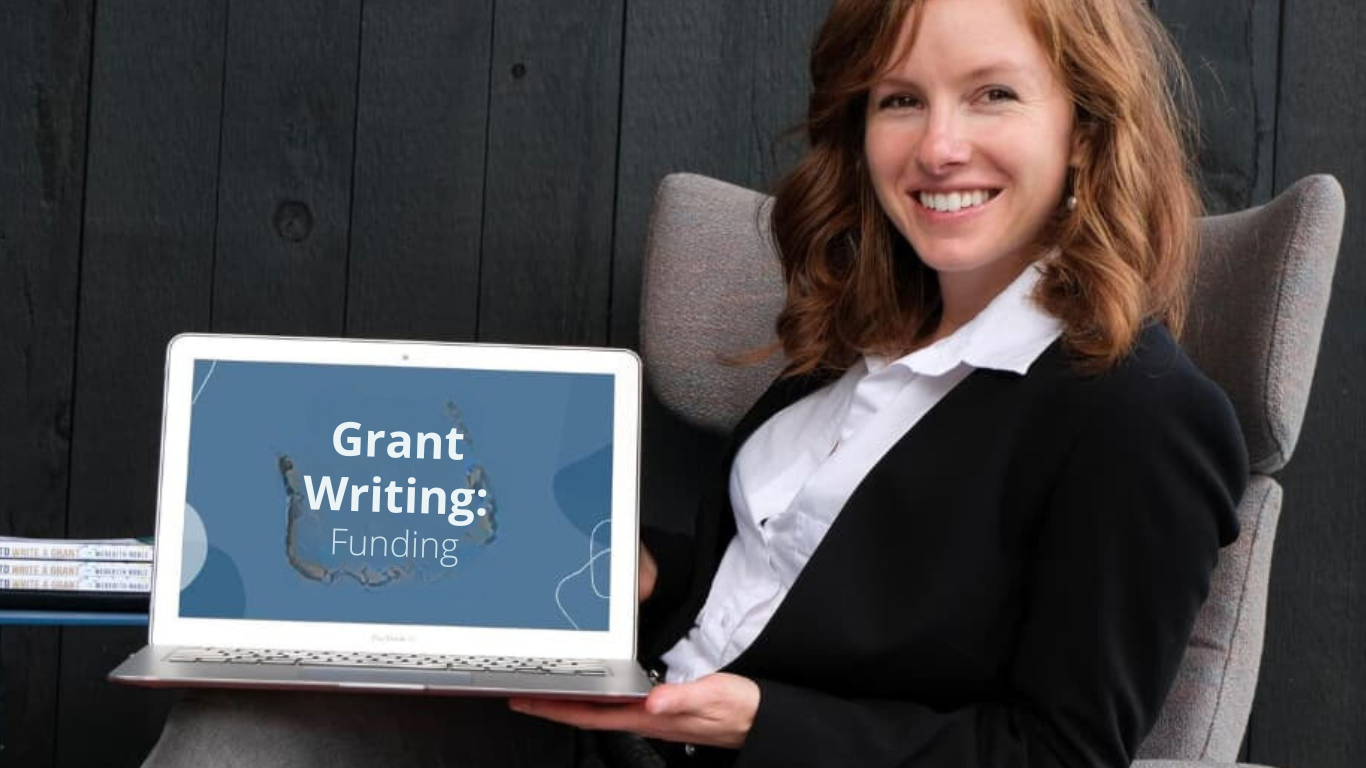Securing funding through grants can be a lifeline for nonprofits, startups, and organizations pursuing impactful projects. However, many groups find themselves struggling with the complexity of the grant application process. From researching opportunities to crafting proposals that align with funder priorities, the hurdles can be overwhelming.
This often leads to hiring professional grant writers to improve the chances of success. Yet, one pressing question remains: Can grant writers guarantee funding? The answer isn’t as straightforward as some might hope. This blog will explore what grant writers can realistically deliver, debunk myths about guaranteed funding, and guide you in setting appropriate expectations for their services.
If you’ve ever wondered about the real value of hiring a grant writer or felt unsure about what to expect, this article will provide clarity, empowering you to make informed decisions.
1. The Role of Grant Writers
What Does a Grant Writer Do?
A grant writer is a professional skilled in the art of preparing compelling grant proposals. Their main role is to bridge the gap between an organization and potential funders. This involves several critical tasks:
- Researching Grant Opportunities: Identifying suitable funding programs aligned with the organization’s mission and goals.
- Drafting Proposals: Writing clear, persuasive, and compliant grant applications tailored to funder requirements.
- Collaborating with Organizations: Gathering essential information, data, and supporting documents to create a strong application.
- Monitoring Deadlines: Ensuring timely submissions to avoid missed opportunities.
Grant writers are also adept at presenting data and narratives in a way that resonates with funders, maximizing the proposal’s impact.
Why Hire a Grant Writer?
Organizations often lack the time or expertise required to craft winning proposals. Grant writers bring specialized skills and experience that can significantly enhance the quality of applications. Key benefits include:
- Expertise in Compliance: They understand how to meet funder-specific guidelines.
- Time Savings: Organizations can focus on core activities while the grant writer handles the application process.
- Increased Professionalism: A polished proposal demonstrates credibility to funders.
What Grant Writers Cannot Do

While grant writers can streamline the application process and improve its quality, there are limitations to their role. They cannot:
- Guarantee Funding: Decisions ultimately rest with the funder.
- Change Organizational Programs: The quality of the proposed project or program is crucial for approval.
- Circumvent Eligibility Requirements: Grant writers cannot make ineligible organizations meet criteria.
Understanding these boundaries is crucial for setting realistic expectations for grant writers.
What Makes a Grant Proposal Successful?
Success hinges on multiple factors, including:
- Strong Organizational Vision: The project or program must align with funders’ priorities.
- Accurat Documentation: Comprehensive and error-free submissions are non-negotiable.
- Competitive Edge: Highlighting what sets your organization apart.
While a skilled grant writer can help present these elements effectively, the quality of the organization’s programs and alignment with the grant’s objectives remain essential.
Can Grant Writers Guarantee Funding?
When organizations invest in professional grant writing, there’s often an implicit hope that success is guaranteed. Unfortunately, the reality is far from this assumption. Let’s break it down.
Why No One Can Guarantee Funding
Funding decisions are influenced by factors that are beyond the control of even the most skilled grant writers:
- Competitive Nature of Grants: Many grant programs receive thousands of applications, with only a fraction awarded funding.
- Funders’ Priorities: These can shift unexpectedly, with some funders emphasizing specific causes or demographics in a given year.
- Budget Constraints: Limited funds mean some deserving proposals won’t be funded, even if they’re well-written.
Ethics in Grant Writing

Promising guaranteed funding is not only unrealistic but also unethical. A trustworthy grant writer will never make such claims. Instead, they focus on improving the quality of your proposal, ensuring it stands out while adhering to funder guidelines.
Organizations should be wary of grant writers who promise guaranteed funding, as this could indicate a lack of professionalism or transparency.
Setting Realistic Expectations
It’s crucial for organizations to approach grant writing with a clear understanding of what can and cannot be achieved. Unrealistic expectations can lead to disappointment, even when the grant writer delivers excellent work.
What to Expect from Grant Writers
Professional grant writers offer services designed to enhance the grant application process. These include:
- Thorough Research: Identifying the most relevant funding opportunities for your organization.
- Comprehensive Proposal Development: Crafting narratives that clearly convey your goals, impact, and alignment with funder priorities.
- Submission Support: Ensuring applications meet deadlines and comply with all requirements.
- Feedback and Revision: Incorporating feedback to refine proposals for future submissions.
These services improve your chances but are not a guarantee of success.
Defining Success
It’s essential to redefine success when it comes to grant writing. Success doesn’t only mean securing the grant; it also includes:
- Building Relationships: Engaging with funders and opening doors for future opportunities.
- Learning and Improvement: Gaining insights into what works and what doesn’t in your proposals.
- Enhanced Visibility: Raising awareness about your organization and its mission through strong applications.
When you understand these broader outcomes, the value of hiring a grant writer becomes more apparent.
What to Expect from Grant Writer Services
To get the most out of your collaboration with a grant writer, it’s important to know what their services entail and where their responsibilities end.
Key Services Provided
Grant writers focus on providing services that make the application process seamless and effective. These include:
- Opportunity Research
- Identifying grants that align with your organization’s mission, values, and goals.
- Assessing eligibility criteria to ensure your organization is a good fit.
- Proposal Writing and Editing
- Drafting clear and compelling applications tailored to each funder.
- Incorporating data, case studies, and testimonials to strengthen your proposal.
- Guidance on Supporting Materials
- Assisting with budgets, letters of support, and other required documentation.
- Submission and Follow-Up
- Managing the submission process to ensure compliance with all requirements.
- Following up with funders when appropriate to check the status of applications.
Limitations of Grant Writer Services
Understanding grant writer services also means recognizing their boundaries:
- They do not influence funder decisions.
- They cannot create eligible projects where none exist.
- They are not responsible for securing additional organizational support (e.g., leadership buy-in).
Collaborative Effort
Grant writing is a partnership. Organizations should be prepared to provide input, share key documents, and engage in open communication. This collaboration ensures the proposal authentically reflects the organization’s mission and vision.
Factors Affecting Grant Approval
Even with a well-crafted proposal, funding is never guaranteed due to external factors. Understanding these variables can help organizations temper expectations while optimizing their efforts.
1. Alignment with Funder Priorities
Grantmakers often have specific goals and criteria. If your project doesn’t fully align with their mission or target audience, it may not be considered, no matter how well-written your proposal is.
2. Competition
Most grants are highly competitive, with funders receiving hundreds or even thousands of applications. Organizations with long-standing relationships with funders or a proven track record often have an edge.
3. Quality of Supporting Materials
Incomplete or poorly presented supporting materials—such as budgets, timelines, or documentation—can disqualify an application.
4. Economic and Political Context
Economic downturns or shifts in government priorities can impact the availability of funds. For example, grants for certain causes may be reduced or eliminated in favor of more pressing societal needs.
5. Organizational Readiness
Funders often favor organizations with robust infrastructure, leadership, and financial stability. Without these elements, even the best-written proposals may struggle to secure funding.
Tips for Working Effectively with a Grant Writer

Collaboration is key to maximizing the value of professional grant writing services. Here are actionable tips to ensure a productive partnership:
1. Clearly Define Your Goals
Provide the grant writer with a clear understanding of your objectives and priorities. The more specific you are, the easier it is for them to craft a proposal that aligns with your mission.
2. Be Transparent
Share all relevant information, including financial data, project details, and past grant history. Transparency ensures that the proposal is accurate and credible.
3. Communicate Regularly
Establish open communication channels. Regular check-ins help address questions, provide updates, and keep the project on track.
4. Provide Necessary Resources
Grant writers rely on input and materials from the organization. Be prepared to provide data, testimonials, letters of support, and other supporting documents promptly.
5. Set Realistic Deadlines
Allow sufficient time for the grant writer to research, draft, and refine the proposal. Rushed applications often lack the quality required to succeed.
The Value of Professional Grant Writers
While grant writers cannot guarantee funding, they bring significant value to the table, enhancing your organization’s ability to compete for grants.
1. Expertise in Grant Writing
Professional grant writers have the skills to craft persuasive, compliant, and competitive proposals. Their experience with various funders gives your application a strategic edge.
2. Time Savings
Preparing grant proposals is time-intensive. By outsourcing this task to an expert, your organization can focus on its core mission while still pursuing funding opportunities.
3. Increased Credibility
A polished and professional proposal reflects positively on your organization, showcasing your ability to deliver on promises and manage funds effectively.
4. Broader Opportunities
Grant writers often have networks and knowledge of funding opportunities that may not be on your radar. This insight can help you access a wider range of grants.
5. Continuous Improvement
Even if a proposal is unsuccessful, a grant writer can provide valuable feedback, helping your organization refine its approach for future opportunities.
Conclusion
Hiring a grant writer is an investment in your organization’s future. While they cannot guarantee funding, their expertise significantly enhances your chances of success by producing well-crafted, compliant, and persuasive proposals.
By setting realistic expectations, understanding grant writer services, and collaborating effectively, organizations can make the most of this partnership. Remember, securing a grant is a competitive process influenced by many factors, but with a skilled grant writer by your side, you’ll be better equipped to navigate these challenges.
FAQs – Frequently Asked Questions
1: Can a grant writer guarantee funding?
No, but they can greatly improve the quality of your application, increasing its chances of success.
2: What should I expect from a grant writer?
Services such as research, proposal drafting, compliance checks, and submission support.
3: What are realistic outcomes for grant writers?
Improved proposal quality, better alignment with funder priorities, and greater visibility for your organization.
4: How can I work effectively with a grant writer?
Communicate openly, define goals clearly, provide necessary materials, and set realistic deadlines.
5: What are the biggest factors in grant approval?
Alignment with funder priorities, competitive proposals, complete documentation, and organizational readiness.

